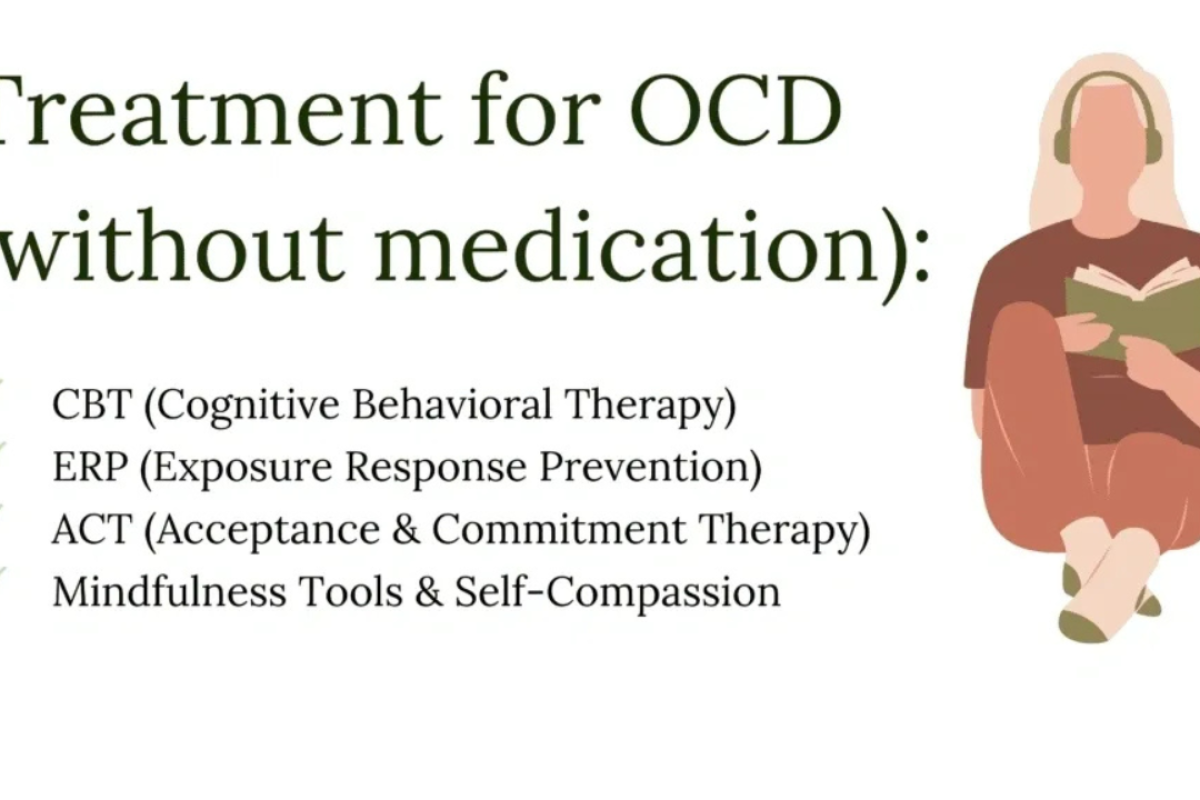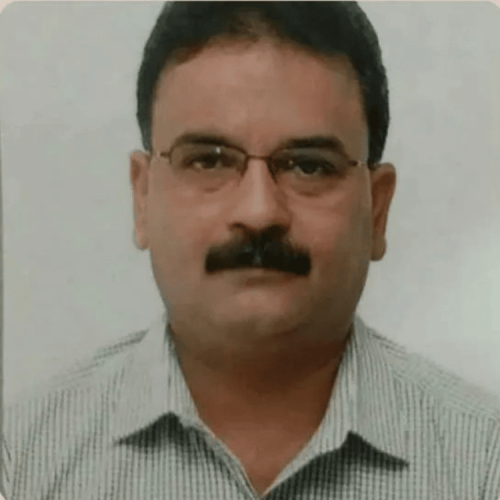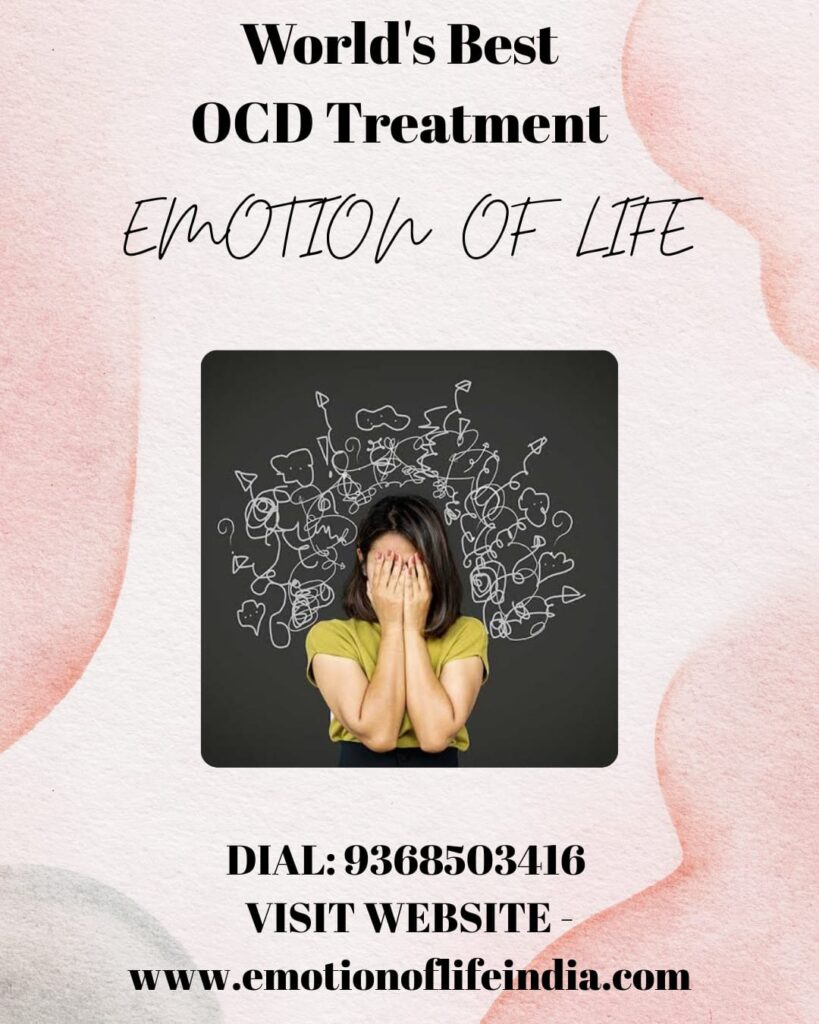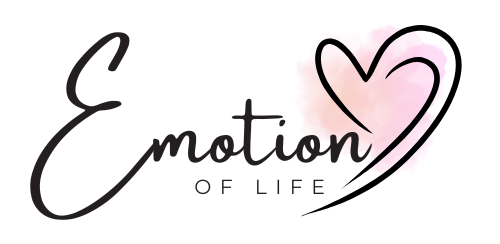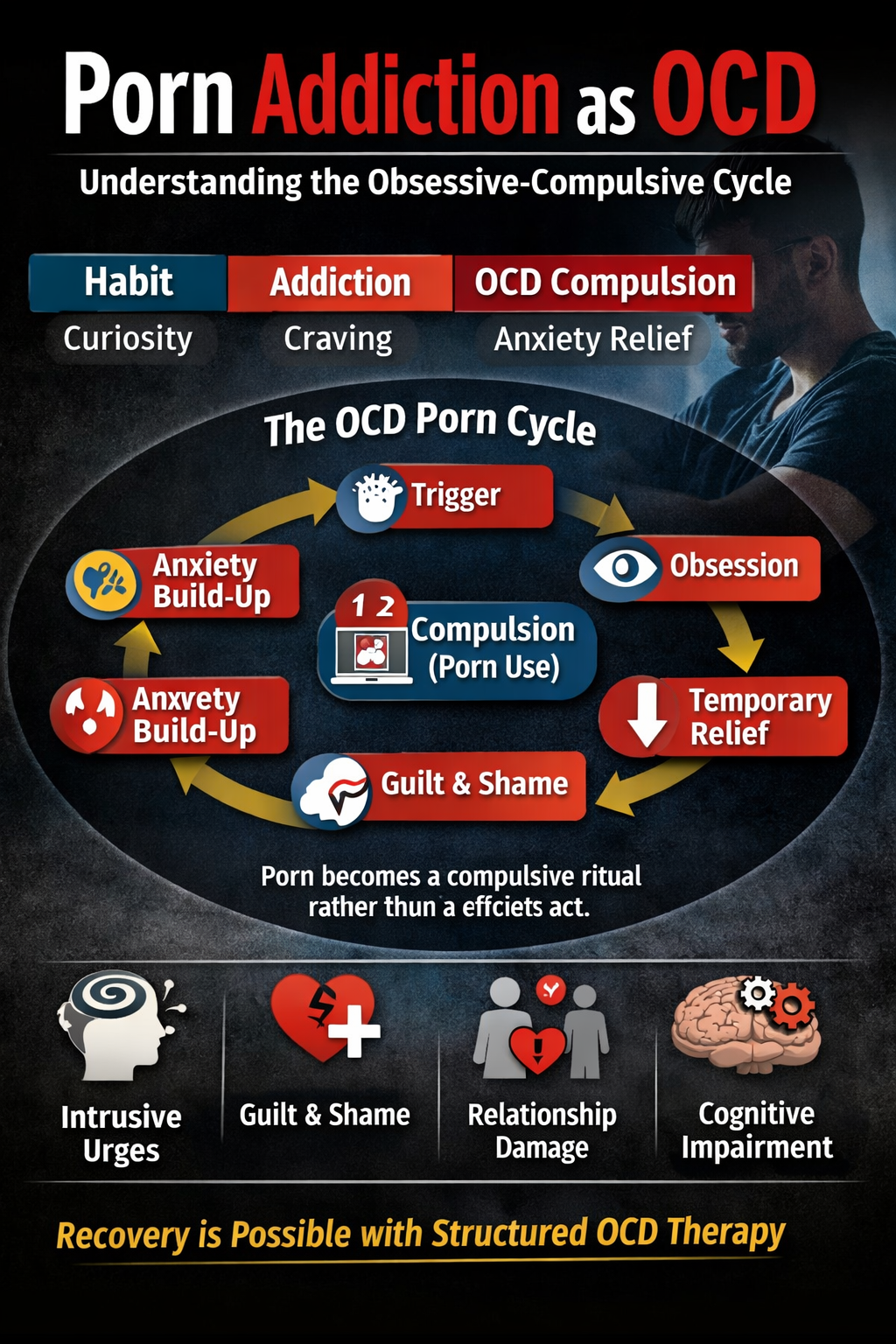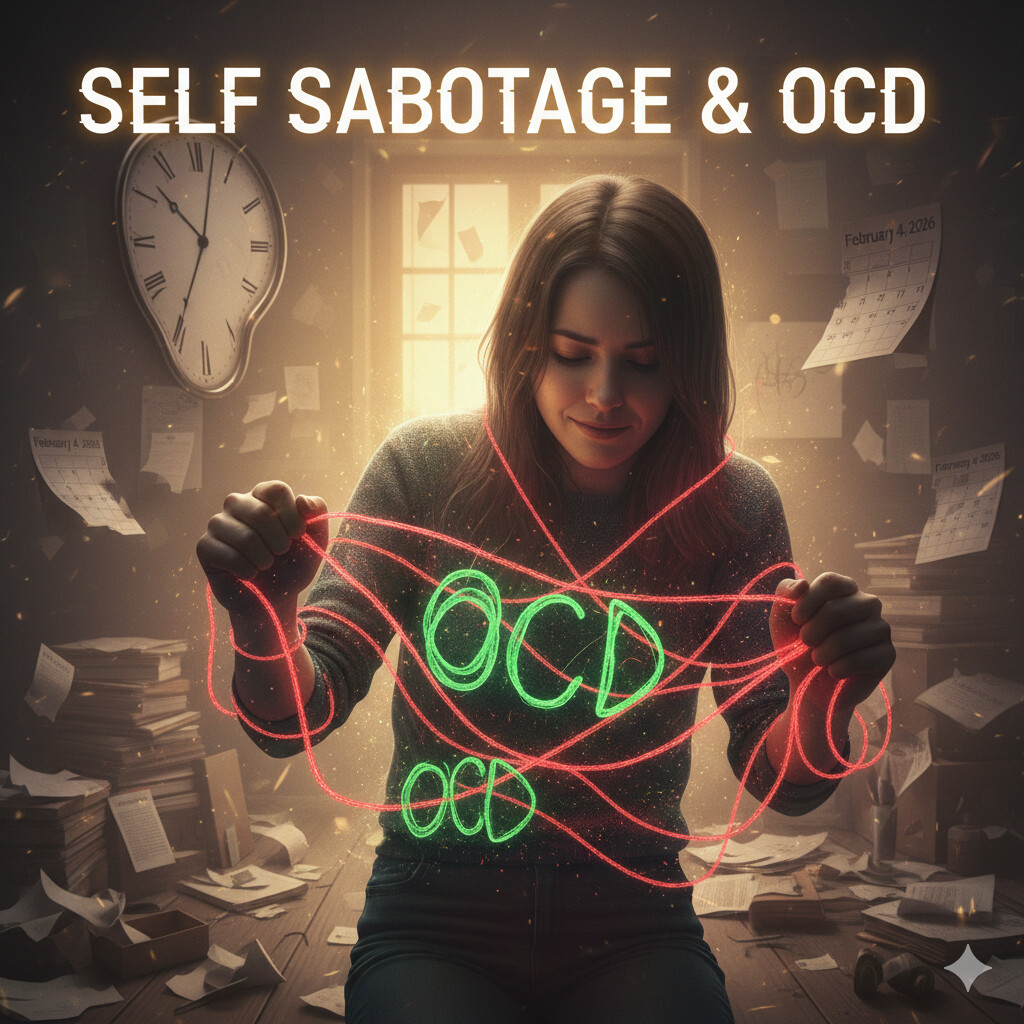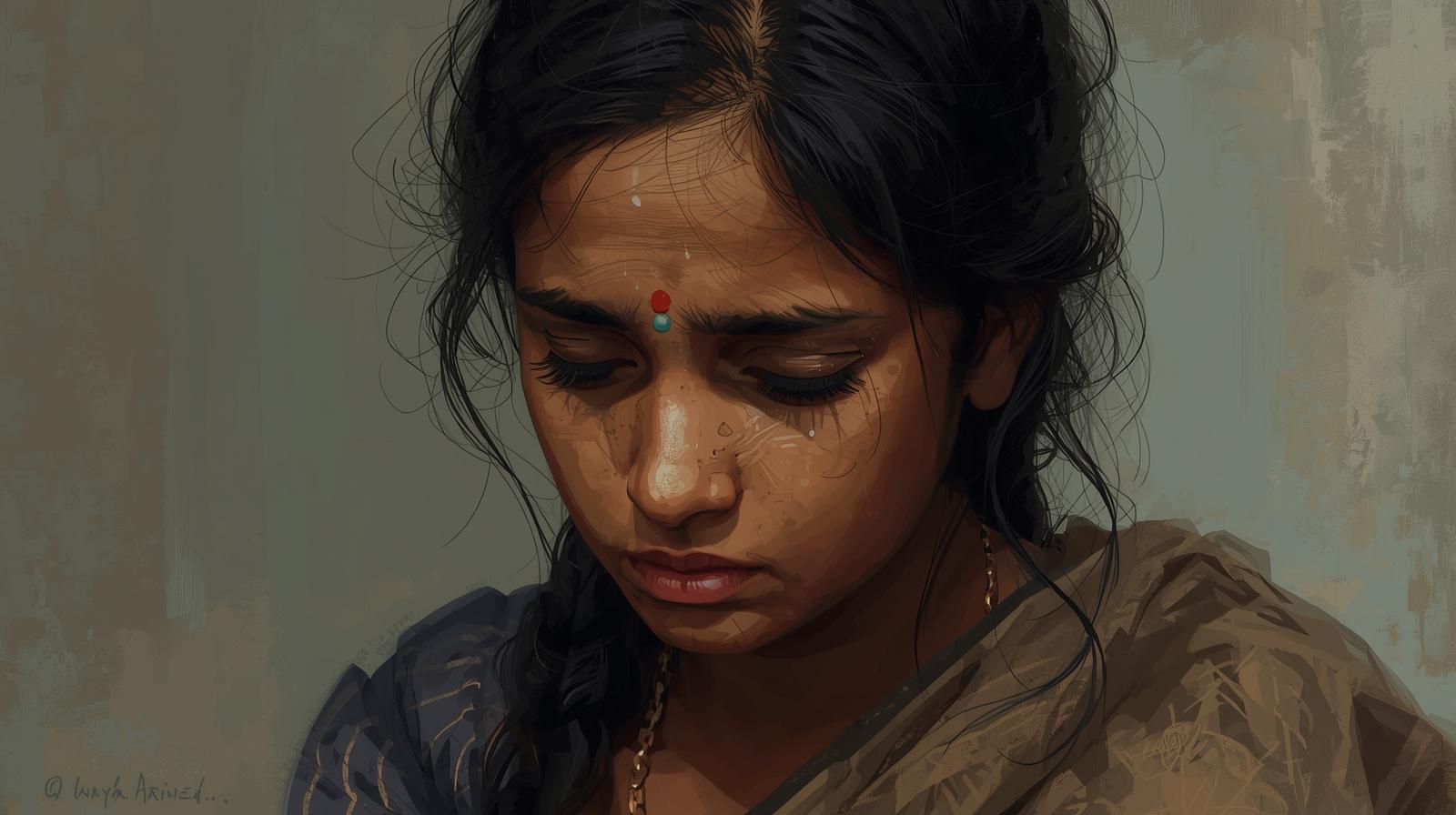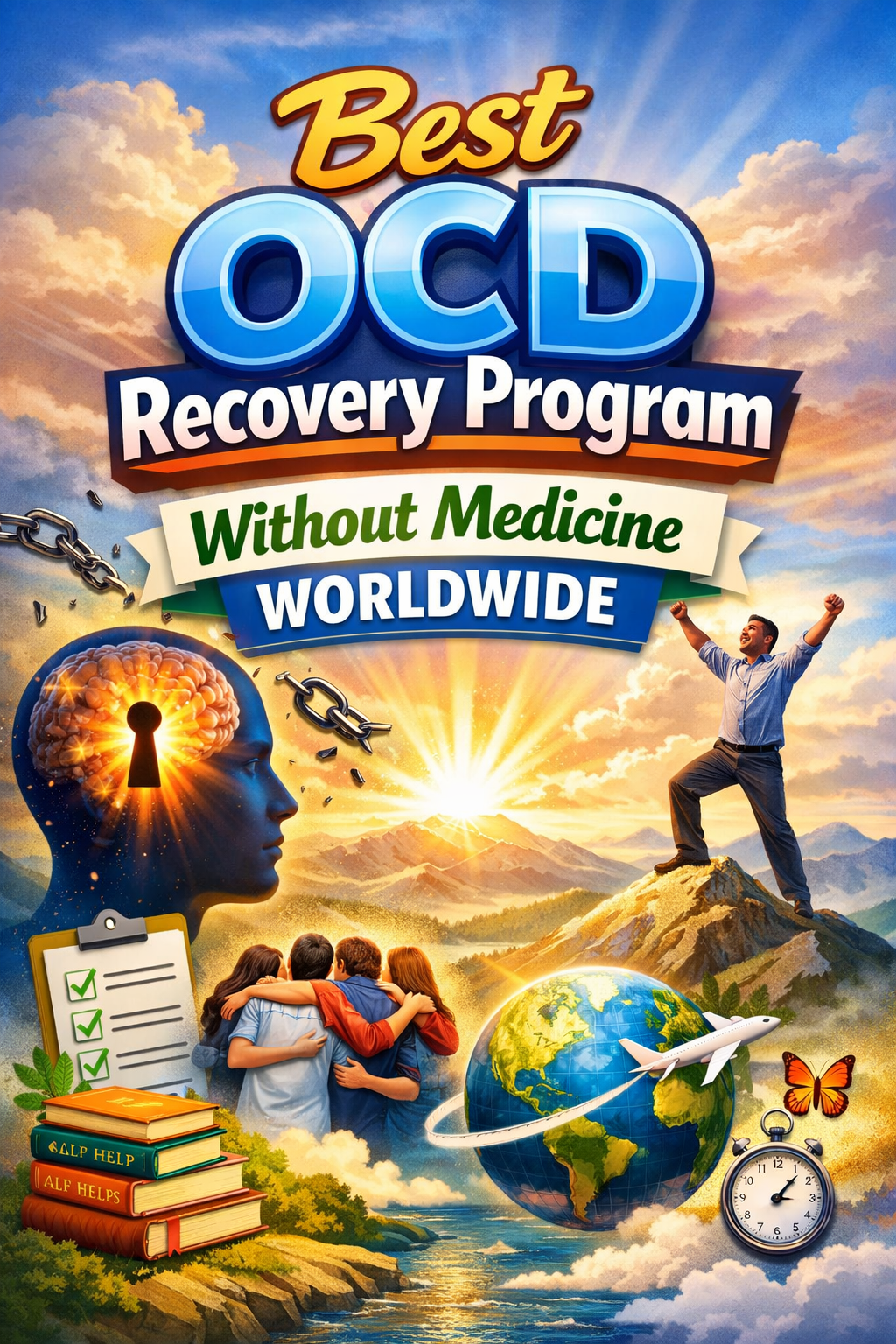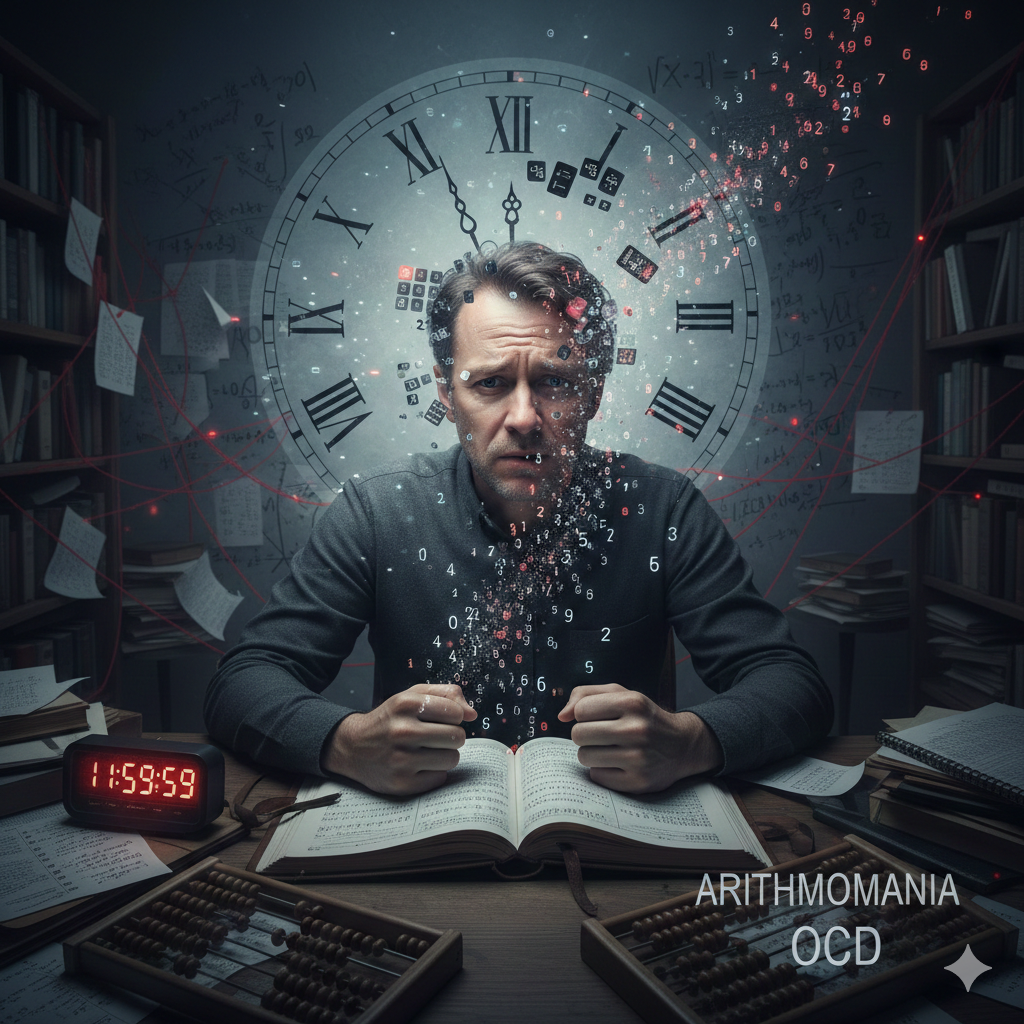OCD Treatment without Medicine in India is increasingly becoming a preferred approach for people who wish to overcome obsessive-compulsive disorder naturally, without long-term dependence on medication. Around 2–3% of the global population experiences OCD at some point, and while medicines can provide temporary relief, they often do not lead to lasting recovery. Modern clinical psychology recommends CBT (Cognitive Behavioral Therapy) and ERP (Exposure and Response Prevention) as the first-choice, evidence-based treatments for OCD.
People often search for “OCD Treatment without Medicine in India” because they wish to regain normalcy—to live a life where OCD no longer controls them. The goal is not perfection, but normal living—working, socializing, and thinking freely without the burden of compulsions and fears.
How OCD Treatment Without Medicine Works
To achieve true OCD recovery without medicine, individuals must learn to model their behavior on what is normal for people who do not have OCD. Those without OCD focus on age-appropriate, meaningful tasks—students study, homemakers manage households, professionals work, and entrepreneurs run businesses. Similarly, people with OCD must re-engage in their life roles and routines instead of allowing intrusive thoughts to dominate their schedule. The more one participates in daily life, the less time and space OCD has to grow.
What to Do for OCD Treatment Without Medication
1. Follow a Balanced Lifestyle
Eat balanced, culturally familiar meals without overthinking diet plans. Aim for three main meals and two mini meals per day, drink 2–3 liters of water, and include seven varieties of food weekly (different fruits, dry fruits, and vegetables). This supports both mental and physical resilience.
2. Include Physical and Spiritual Activity
Spend about 30 minutes a day walking, exercising, or engaging in movement. A few minutes of spiritual or mindfulness activity can also help restore emotional balance and calmness.
3. Observe How Others Handle Life Challenges
Watch how people without OCD manage daily uncertainty. Notice that they face similar life events without excessive doubt or rituals. This observation helps reframe your own reactions and develop confidence in handling thoughts rationally.
The Role of Logical and Rational Thinking in OCD Treatment Without Drugs
OCD magnifies irrational fears and worst-case scenarios. A key part of recovery is rationalizing those fears—seeing whether they have ever truly come true. People often realize that their obsessive fears have never actually materialized in the way they imagine. Logical reflection helps dissolve the exaggerated emotional response behind the obsessions.
In addition, many people with OCD avoid everyday tasks like laundry, shopping, or meeting friends. Once you start re-engaging in these normal activities, OCD’s hold weakens. Avoidance strengthens the disorder; action breaks it.
Focusing on Life Goals During Recovery
When focusing on OCD Treatment without Medicine, set meaningful life goals. Whether personal, educational, or professional, having something to strive for gives your life structure and purpose. A sense of accomplishment naturally reduces OCD’s impact.
Emotional Healing: The Role of Guilt and Self-Compassion
Many OCD sufferers carry deep feelings of guilt—about past mistakes, intrusive thoughts, or moral worries. Recognizing and resolving this guilt is crucial. Guilt does not protect you; it imprisons you. Talk with trusted family or friends to identify your emotional blockages and release self-blame. Focus on self-improvement and emotional growth instead of self-punishment.
Reconnecting with Family and Positive Emotions
OCD recovery also involves rebuilding emotional connections. Try contributing to your family’s well-being—help with meals, go on walks together, reminisce about childhood, or simply spend time supporting their day. Acts of care create satisfaction and counteract OCD’s isolating nature. The more connected and purposeful you feel, the less mental space OCD occupies.
Dealing with Distractions in OCD Treatment Without Medicine
Identify what distracts you most and consciously avoid those distractions. Overthinking distractions often fuels OCD loops. Instead, redirect attention to your hobbies and interests. Reignite old hobbies or learn something new—art, music, gardening, or reading—to uplift your mood and build a sense of progress.
Success Stories – OCD Treatment Without Medicine in India
Rohan’s Freedom from Checking Rituals
Rohan, 29, an engineer from Pune, used to spend hours each night checking doors and gas stoves. At Emotion of Life, he followed an ERP-based, non-medicated program. Within 20 weeks, his checking time reduced from two hours to under five minutes. Today, he enjoys peaceful evenings with his family.
Aditi’s Victory Over Contamination OCD
Aditi, 34, from Jaipur, avoided public places due to germ fears and washed her hands over 60 times a day. Through gradual exposure and cognitive restructuring, she learned to touch public surfaces without fear. After 16 weeks, she travels confidently and lives medication-free.
Sameer’s Release from Intrusive Religious Thoughts
Sameer, 40, from Hyderabad, was tormented by blasphemous thoughts. Using imaginal exposure and mindfulness at Emotion of Life, he learned to accept and release those thoughts. He now practices his faith peacefully—without medication or guilt.
Meera’s Confidence in Social Interactions
Meera, 22, a college student from Lucknow, avoided speaking in class due to fear of embarrassment. Through a structured social exposure program, she built confidence gradually. Within three months, she began speaking in seminars and debates fearlessly—completely drug-free.
Arvind’s Freedom from Symmetry and Ordering OCD
Arvind, 31, from Chennai, felt compelled to arrange objects perfectly before leaving home. Response prevention techniques helped reduce his perfection anxiety. Today, he can leave for work calmly, saving hours each week—without relying on medication.
Conclusion
Medication is not the first or only choice for overcoming OCD. The real foundation of recovery lies in changing your perspective, rationalizing intrusive thoughts, and restoring a balanced, active lifestyle. When you live purposefully and act logically, OCD loses its power. If challenges persist, seek guidance from a qualified psychologist or therapist.
We live once—life is not meant for struggling with OCD but for living freely and peacefully. With the right support, structured therapy, and commitment to change, OCD Treatment without Medicine in India can help you reclaim control and confidence in your life.


